Ranil Wickremesinghe sworn in as Lanka PM
Fri 21 Aug 2015, 13:17:37
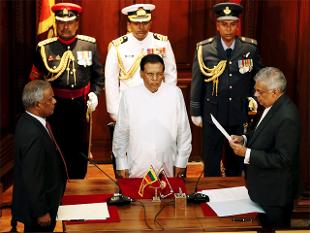
Colombo: Ranil Wickremesinghe was today sworn in as Sri Lanka's Prime Minister for the fourth time following his party's victory in the parliamentary polls, as the country's two major political parties signed a power- sharing deal to form a national unity government.
Wickremesinghe's victory in Monday's election thwarted a political comeback by the country's former strongman Mahinda Rajapaksa, months after he lost the presidential polls to President Maithripala Sirisena.
The swearing in ceremony was held inside the premises of the Presidential Secretariat at 9:30 AM. President Sirisena administered the oath of office to 66-year-old Wickremesinghe, who has already served three times as the prime minister.
Immediately after the swearing in ceremony, the two main parties -- Wickremesinghe's United National Party (UNP) and Sirisena's Sri Lanka Freedom Party (SLFP) -- sealed a Memorandum of Understanding which paved the way for the setting up of a national unity government.
Political rival of both Sirisena and Wickremesinghe -- former President Mahinda Rajapaksa -- was also present during the ceremony. Both Sirisena and Wickremesinghe shook hands with the former
strongman.
strongman.
Wickremesinghe became the prime minister for fourth time in his political career having previously held the post from 1993-94, 2002-2004 and since January of this year.
His party won 106 seats, seven short of a majority in the 225-member parliament. President Sirisena's SLFP will provide numbers from his opposition group to Wickremesinghe to set up the national unity government.
Sirisena, who was Rajapaksa's Health Minister, was asked by Wickremesinghe in November last year to become the opposition common candidate. Sirisena was promptly sacked by Rajapaksa for challenging him in the January 8 election.
After Sirisena's victory, Rajapaksa stepped down to make way for the new President to take over the party. Analysts say Sirisena and Wickremesinghe are set to face major hurdles both at the international and domestic fronts. The UN Human Rights body is to release its report on Sri Lanka's war crimes accountability next month.
The new government will also have to tackle the tricky problem of granting devolution of powers to Tamil regions. The Tamils, who are opposed to Rajapaksa's Sinhala nationalist rule, had backed Sirisena in large numbers in the presidential election.
No Comments For This Post, Be first to write a Comment.
Most viewed from Specials
Most viewed from World
AIMIM News
Latest Urdu News
Most Viewed
May 26, 2020
Can Lionel Messi's visit boost Indian football?
Latest Videos View All
Like Us
Home
About Us
Advertise With Us
All Polls
Epaper Archives
Privacy Policy
Contact Us
Download Etemaad App
© 2026 Etemaad Daily News, All Rights Reserved.


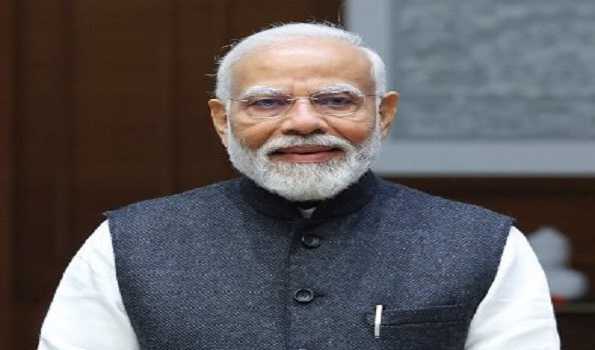
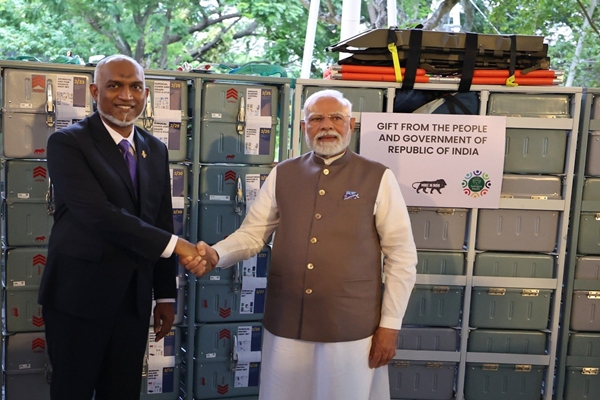
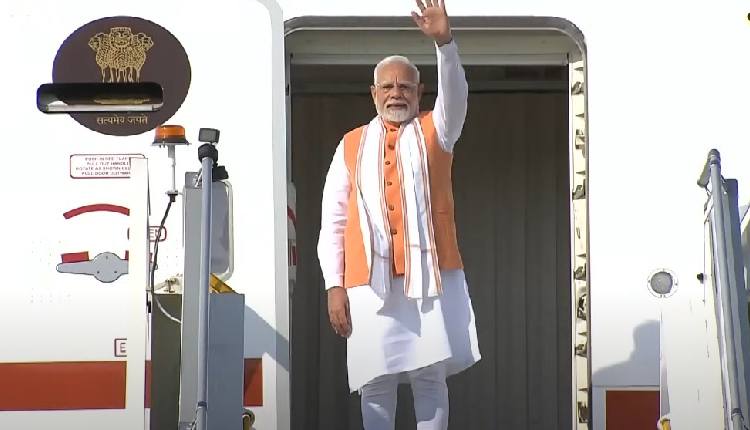
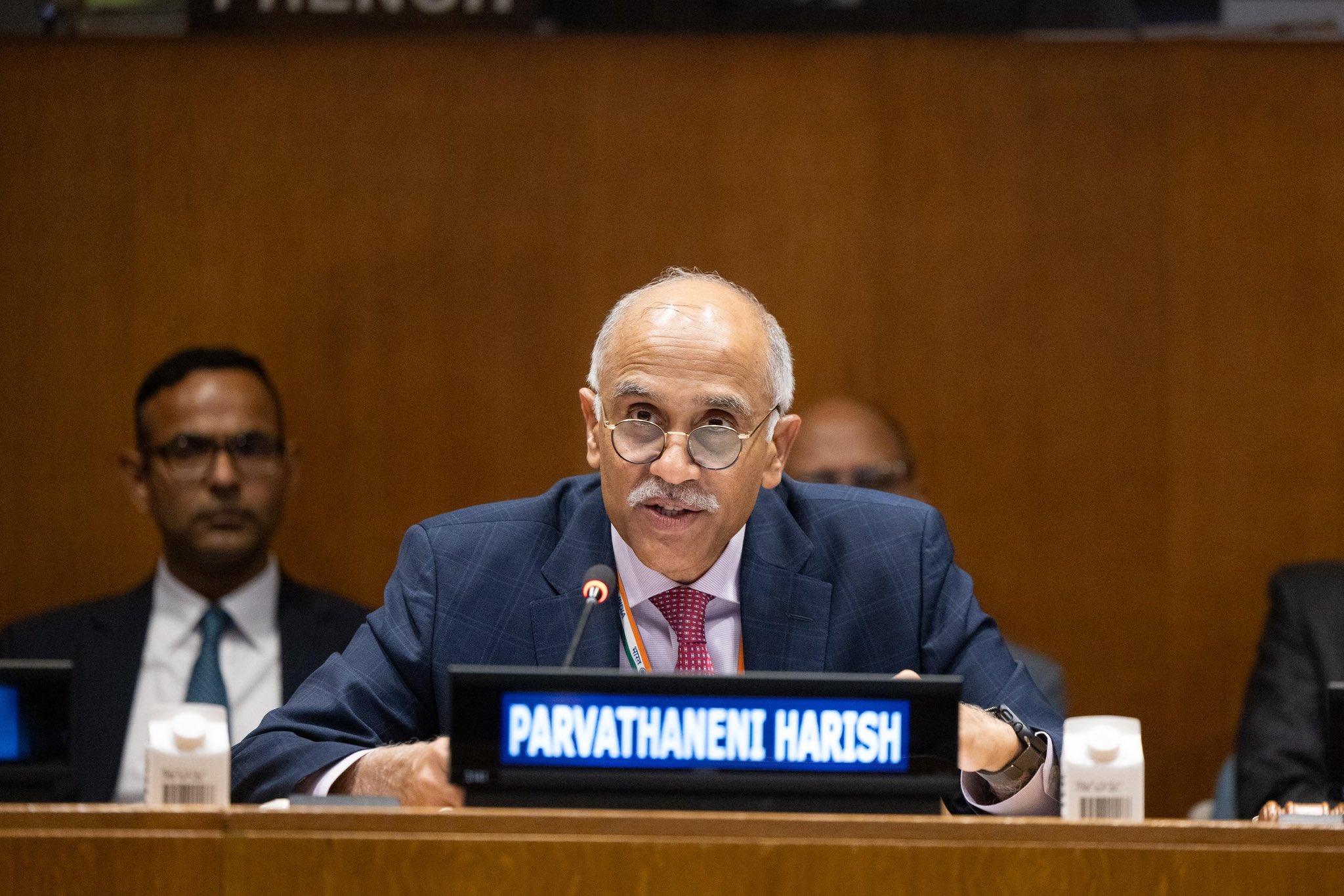
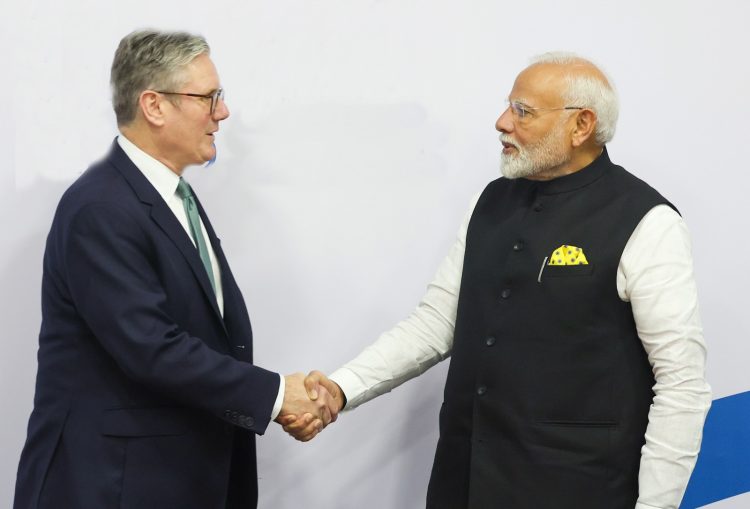

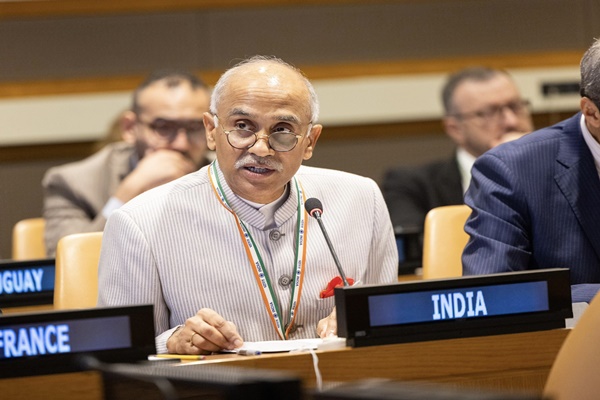
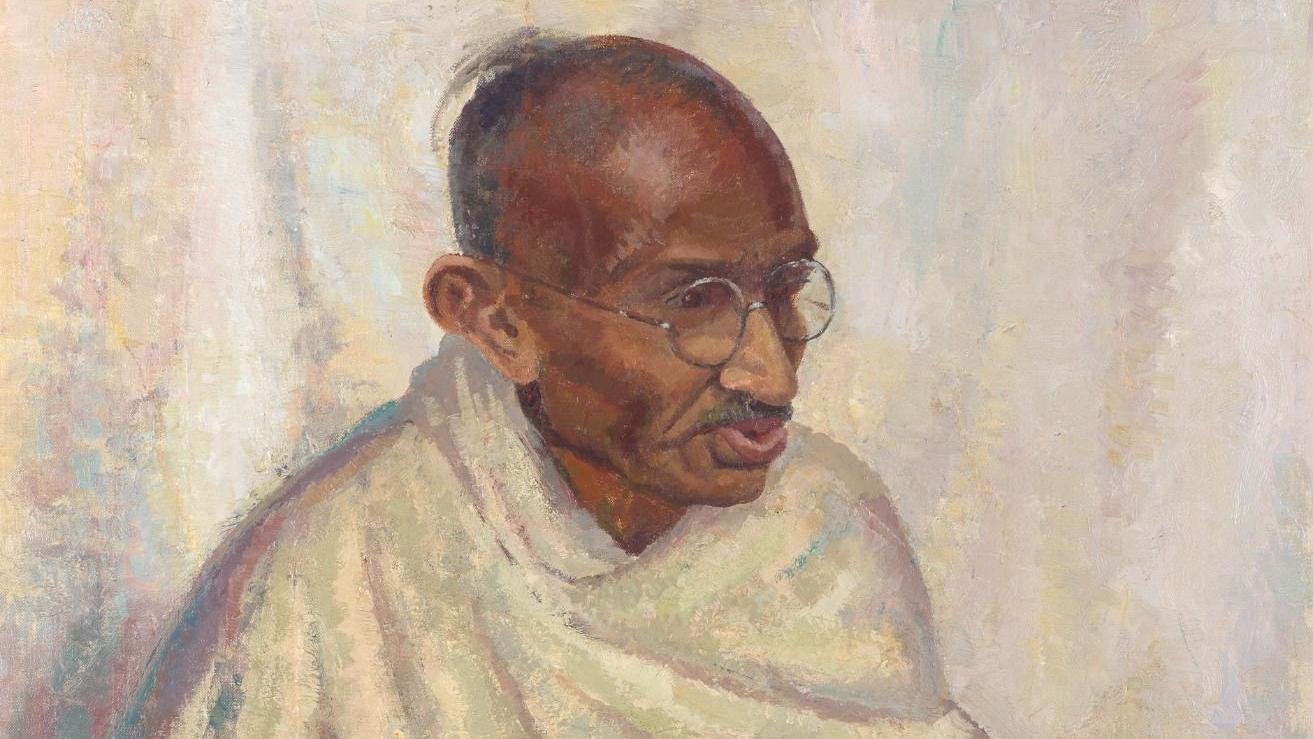
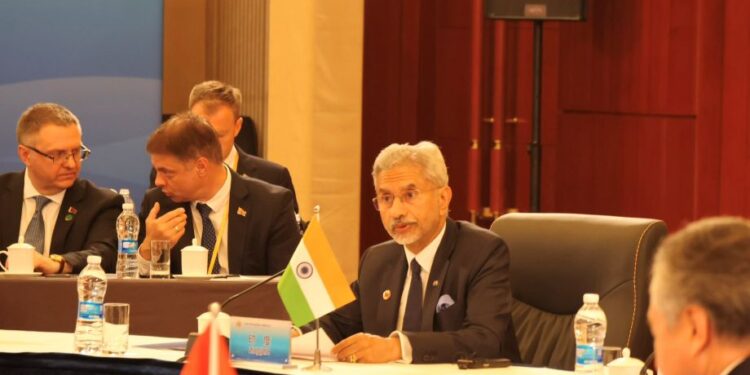
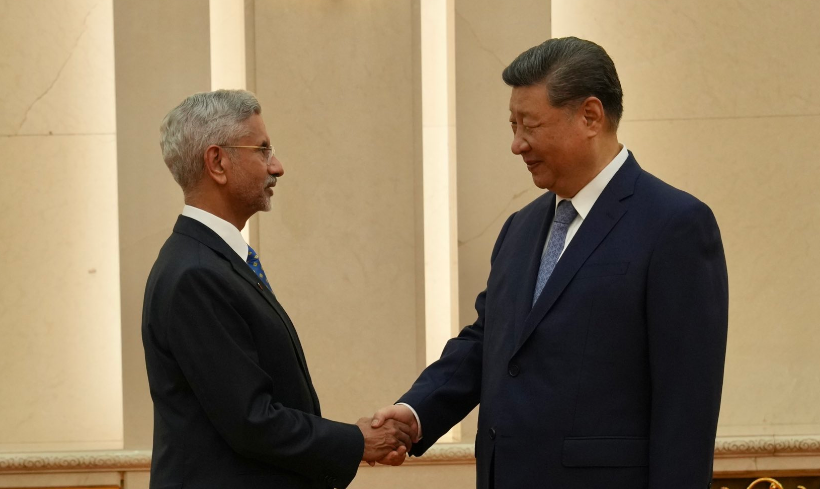
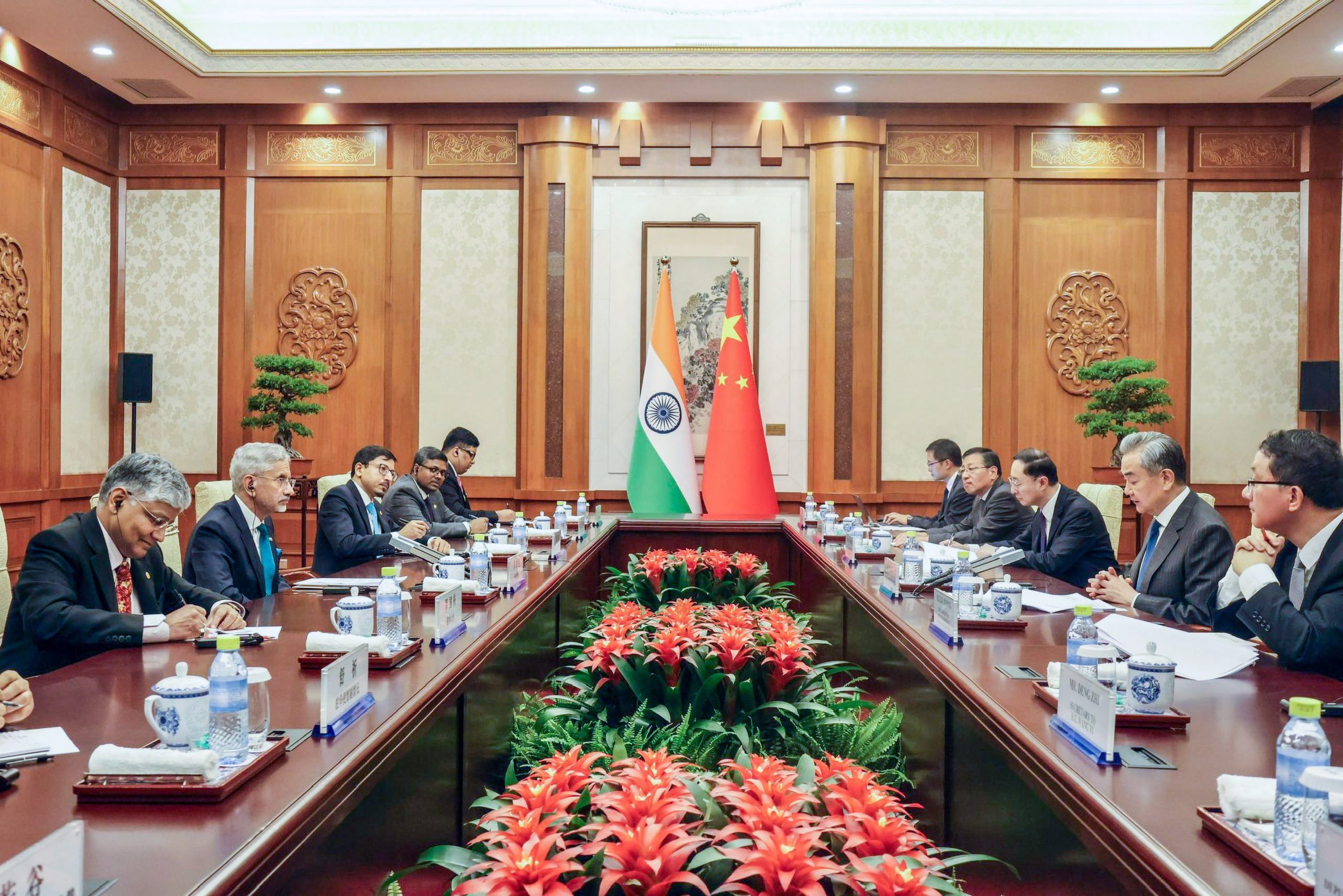
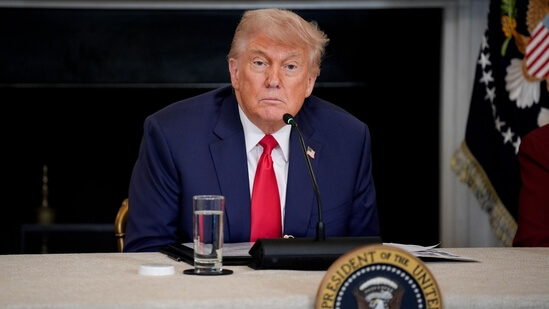
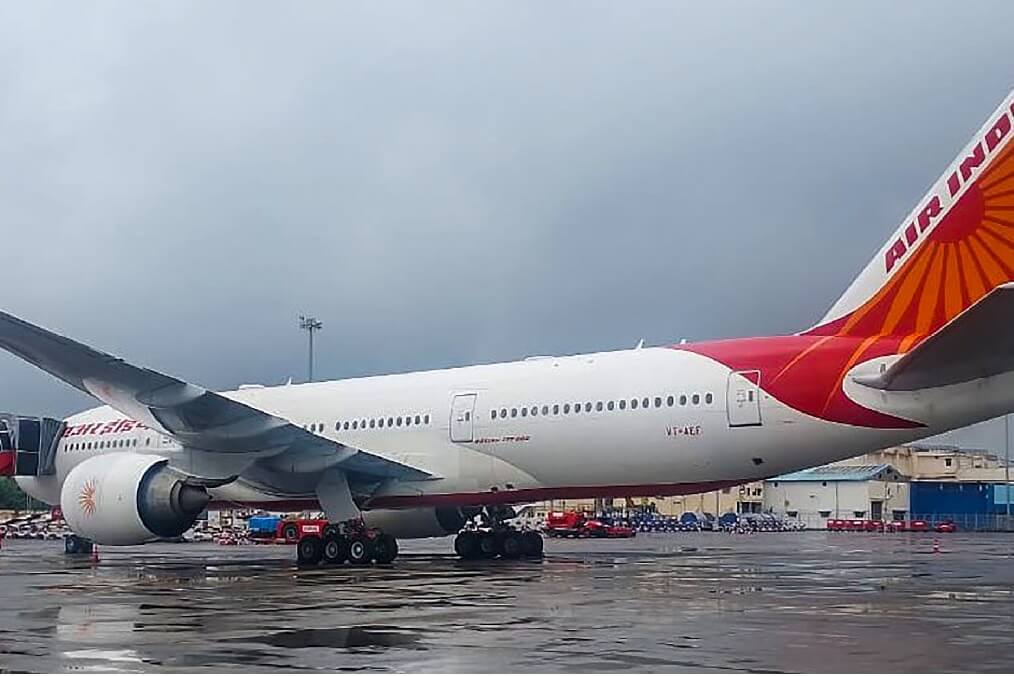
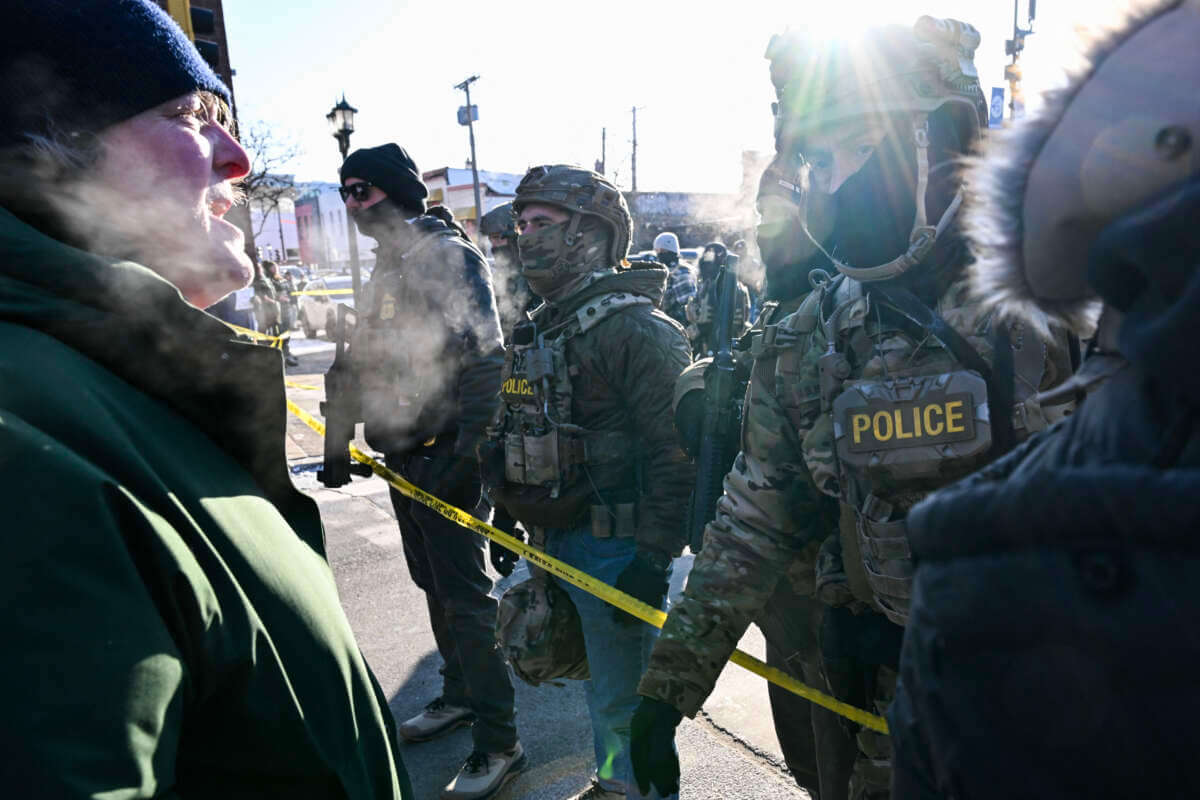
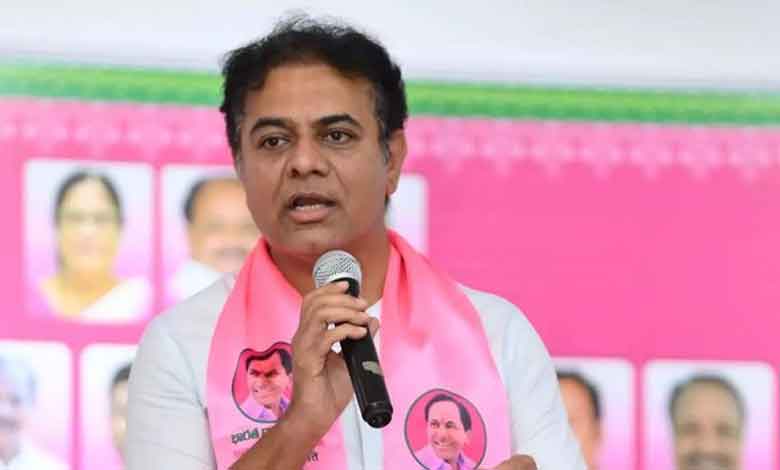
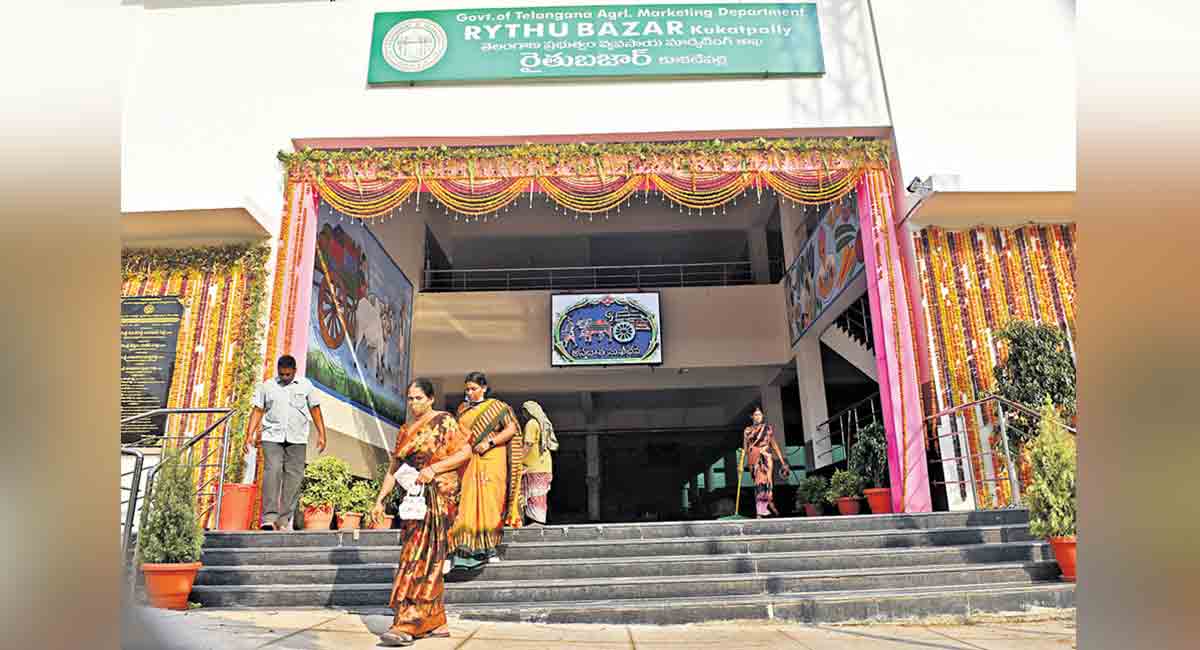
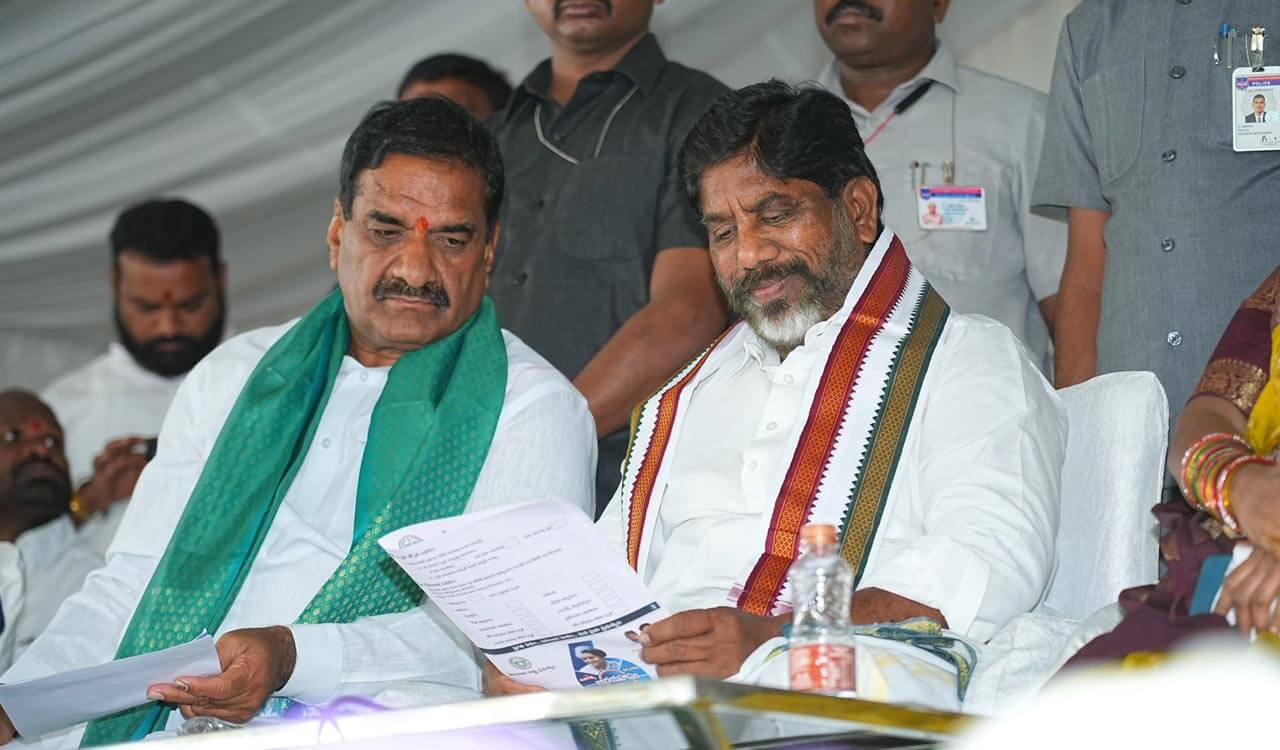
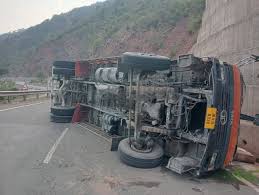

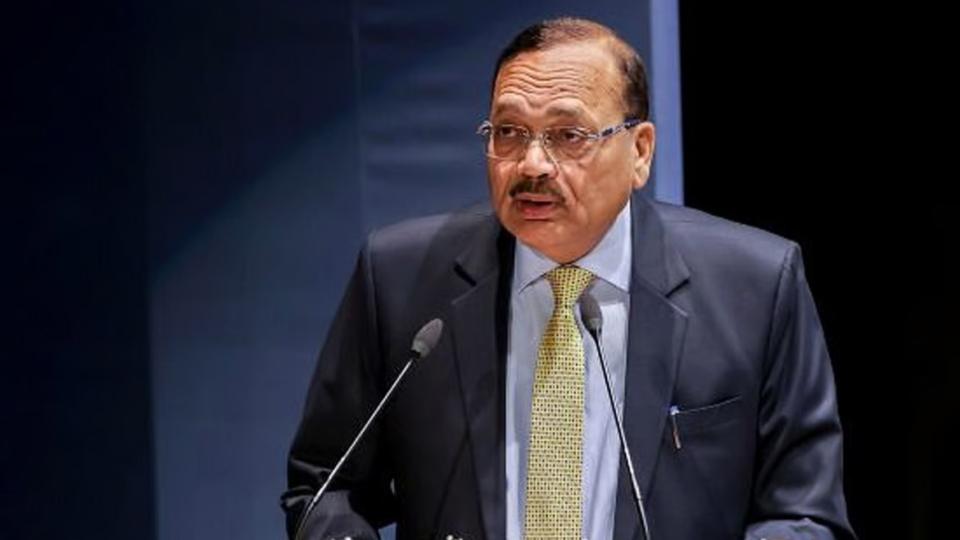

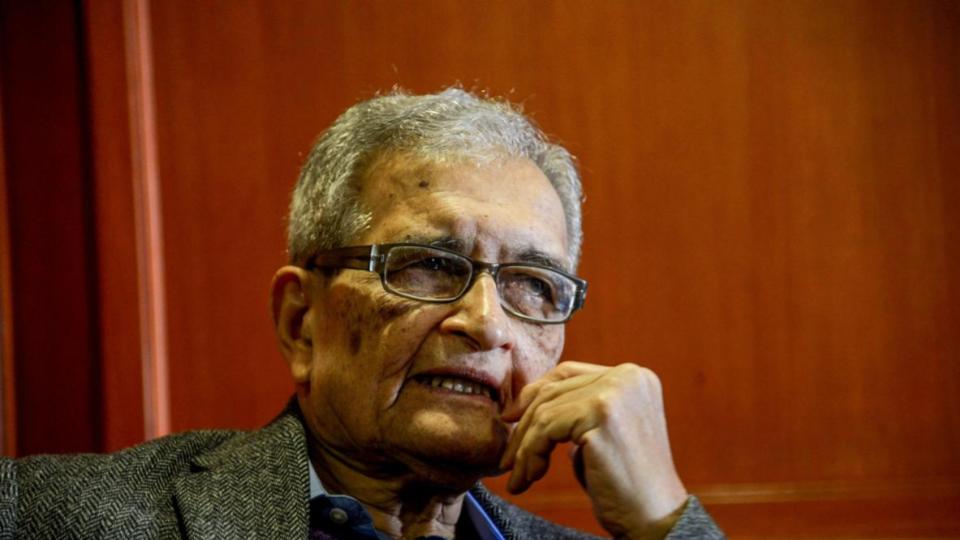
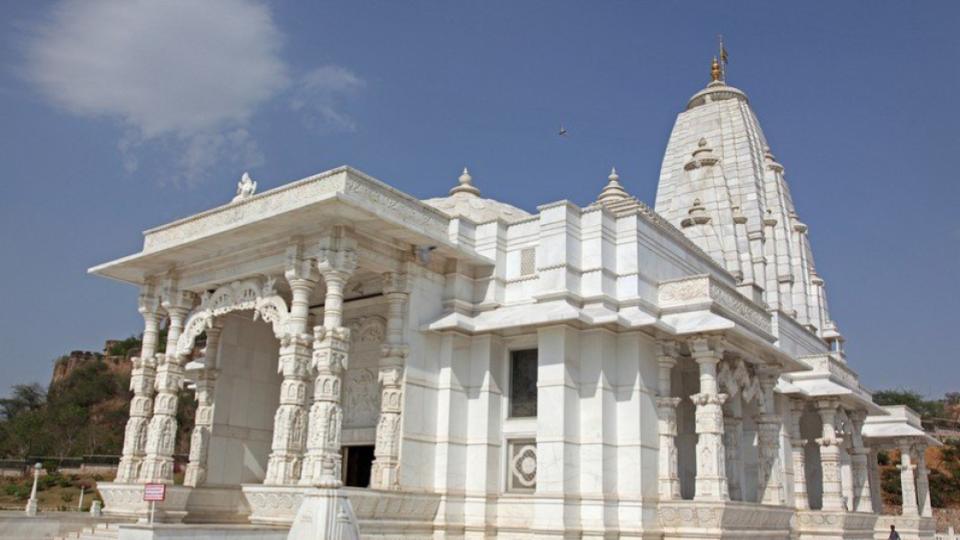












.jpg)
.jpg)
.jpg)


